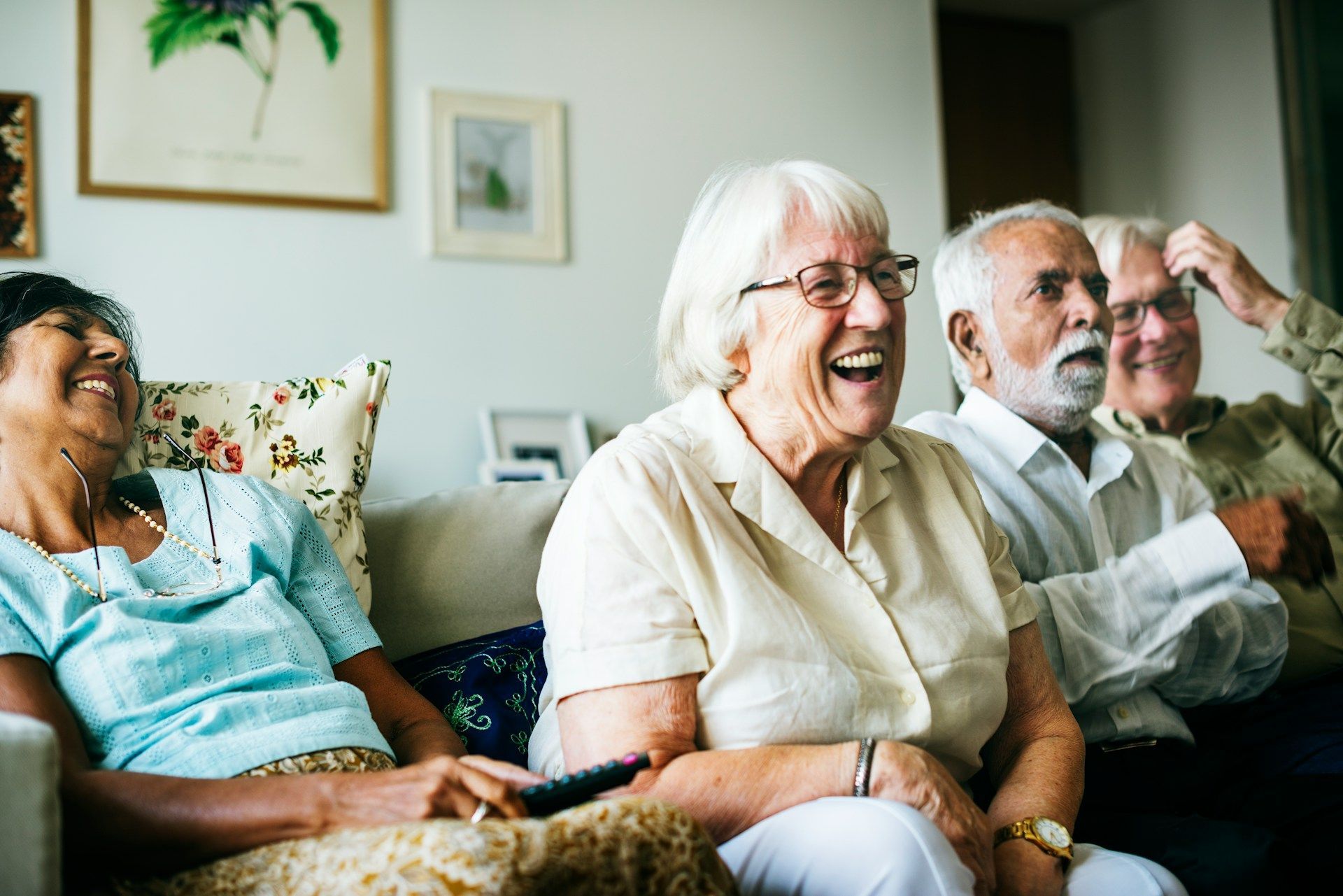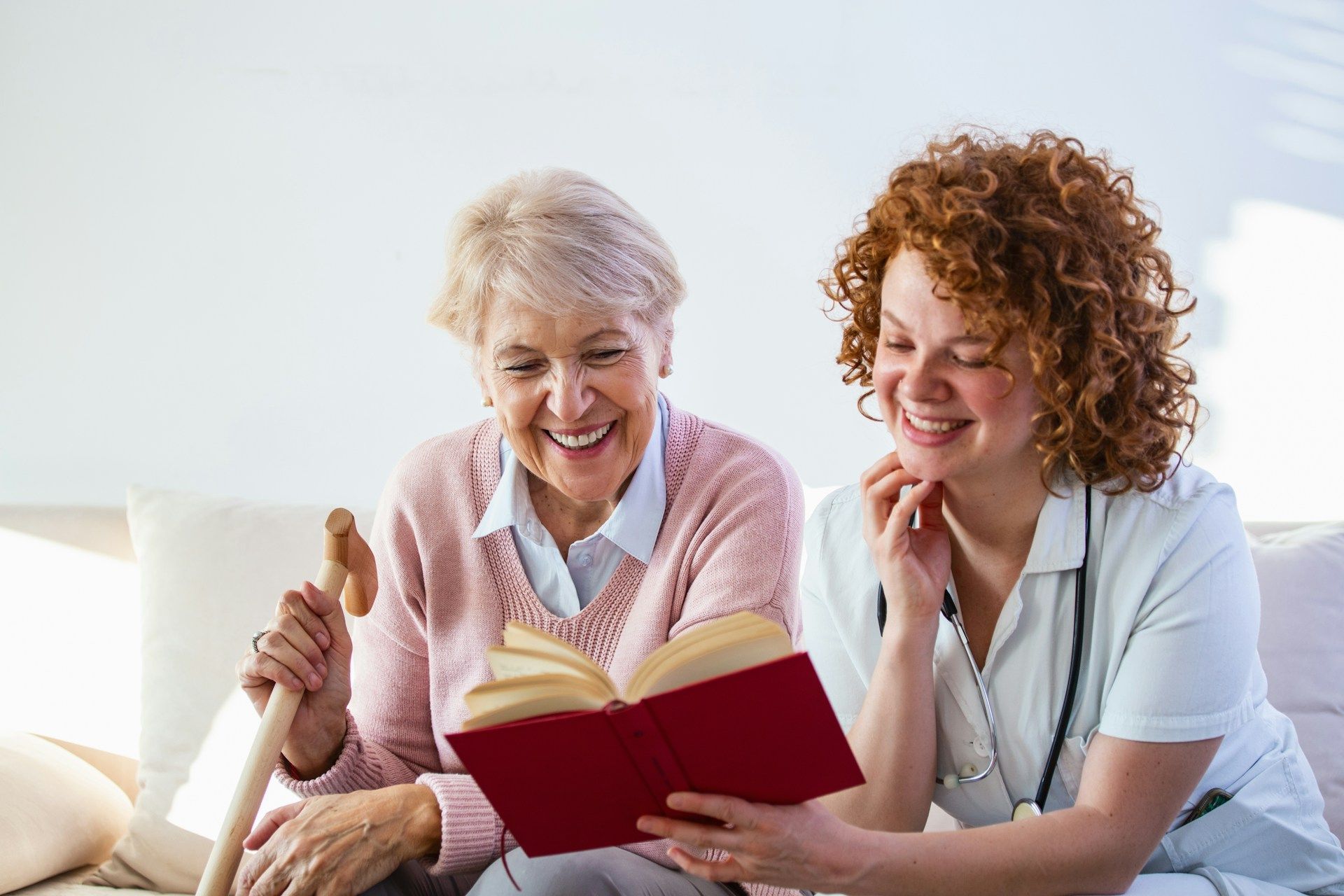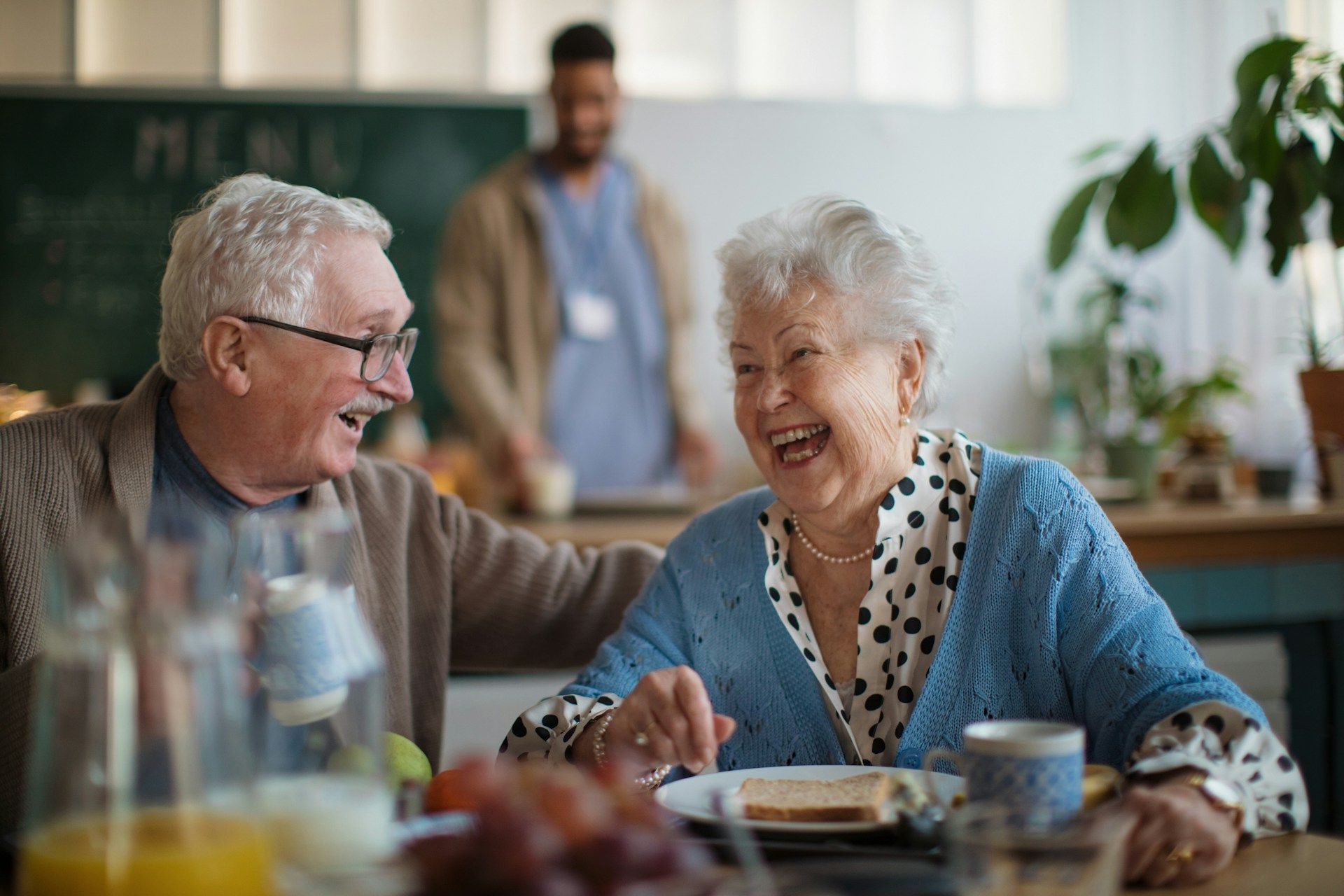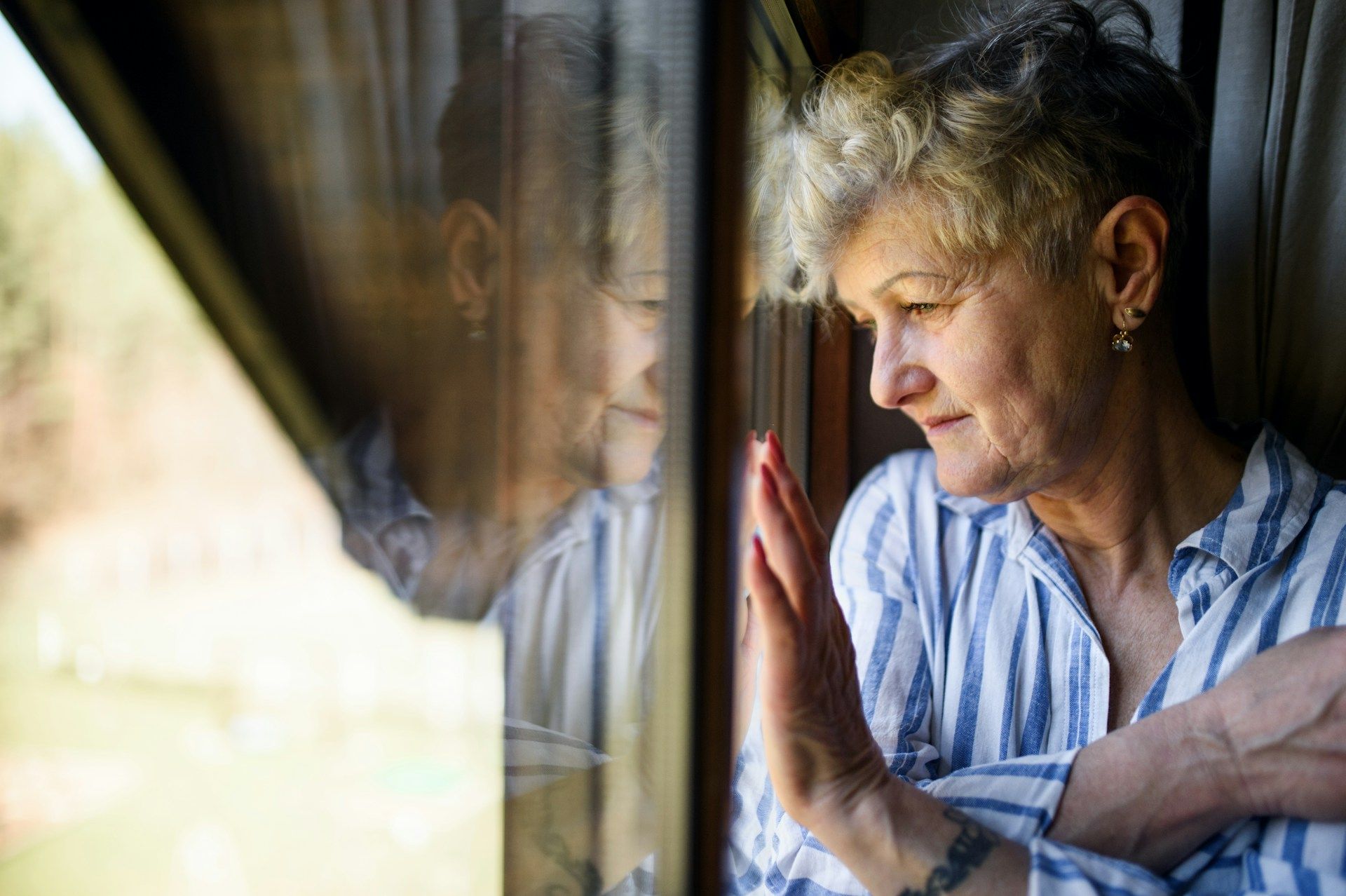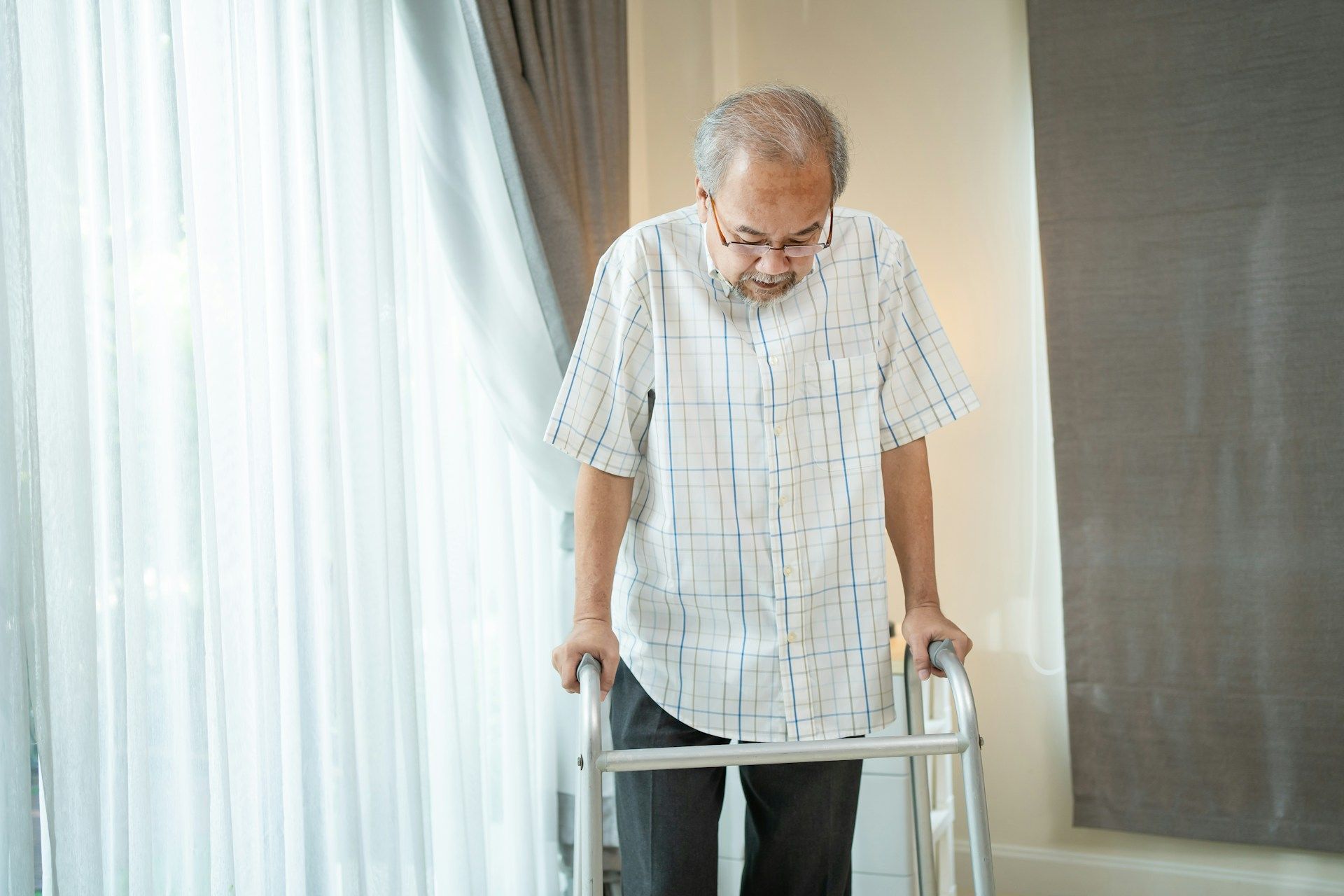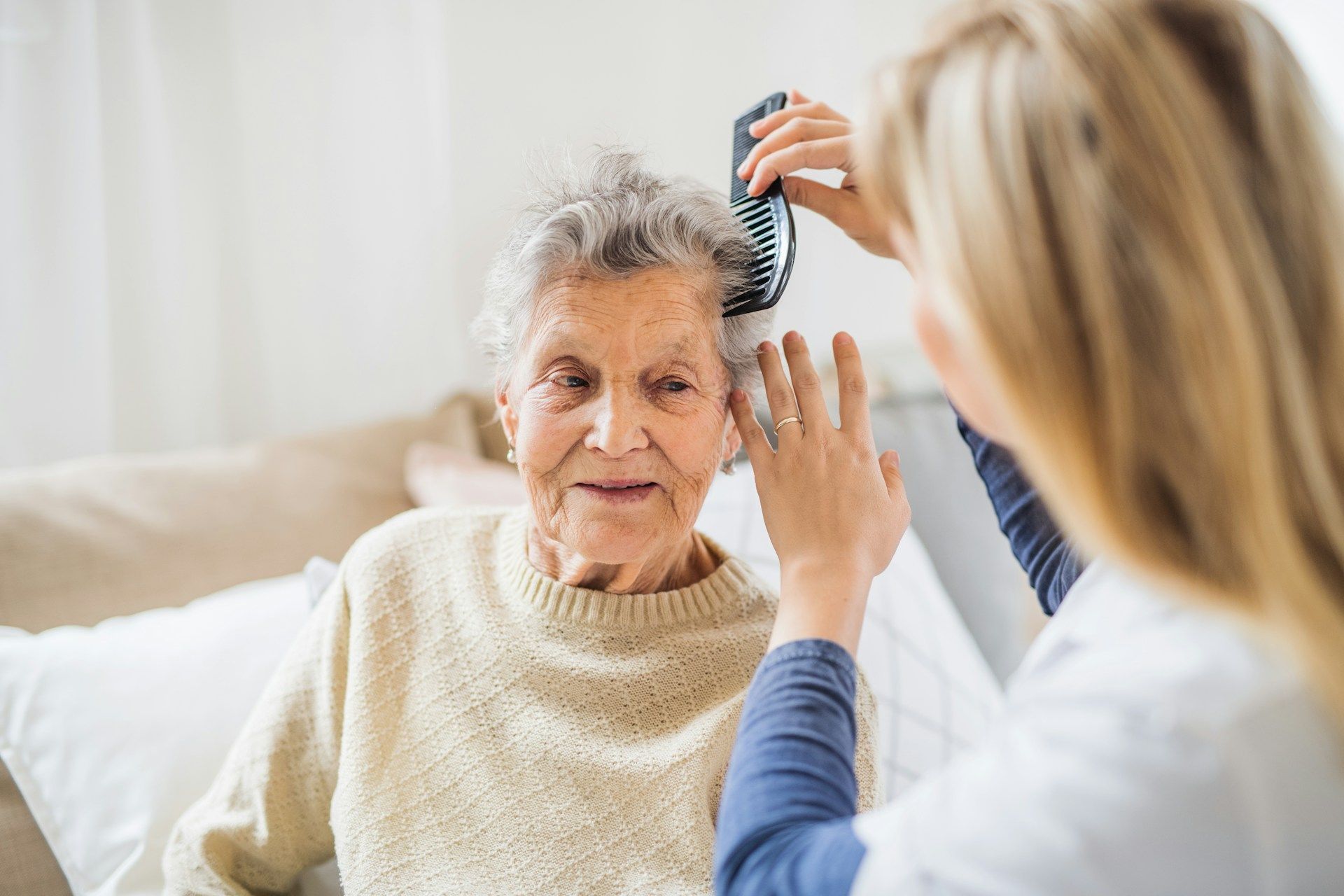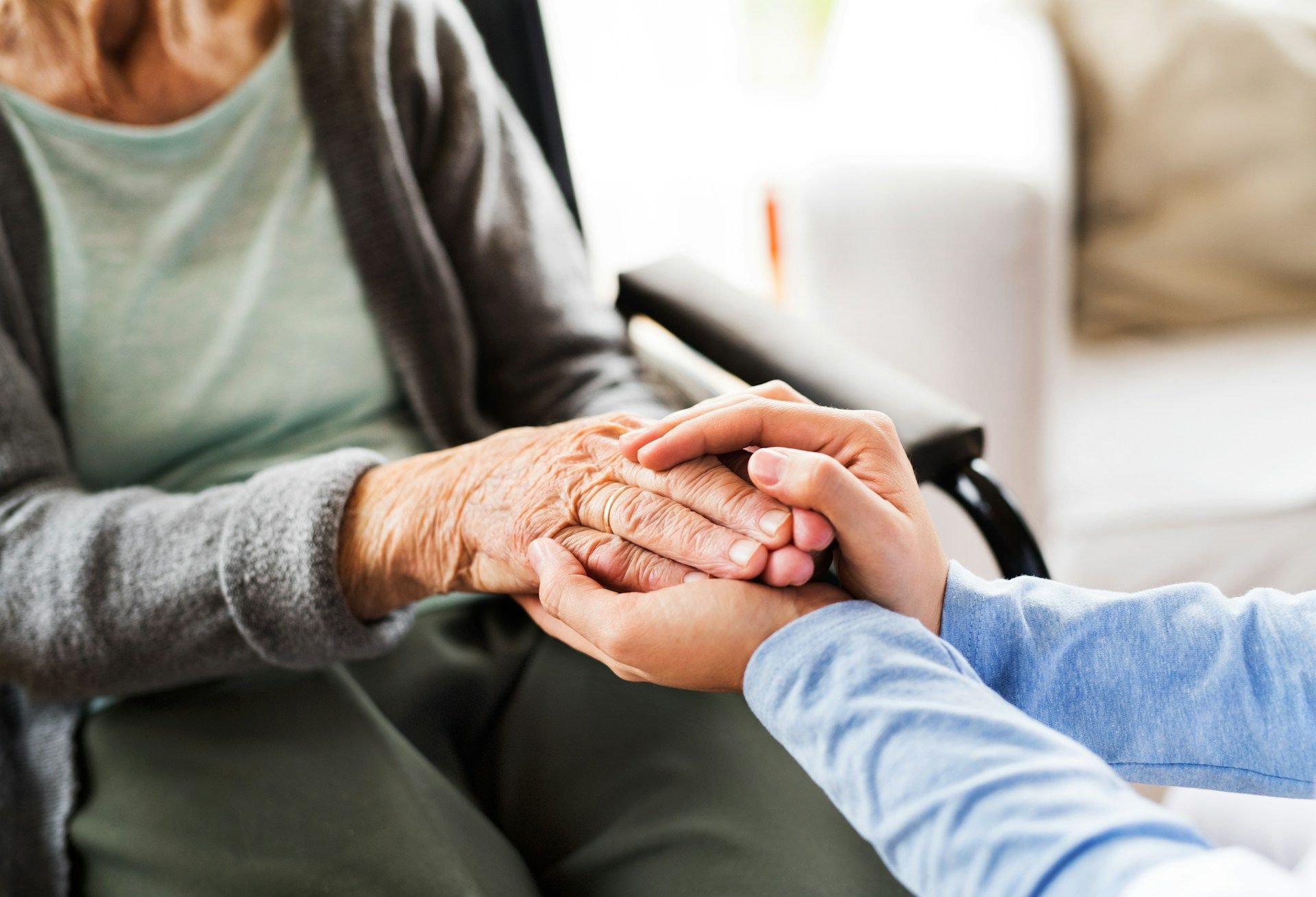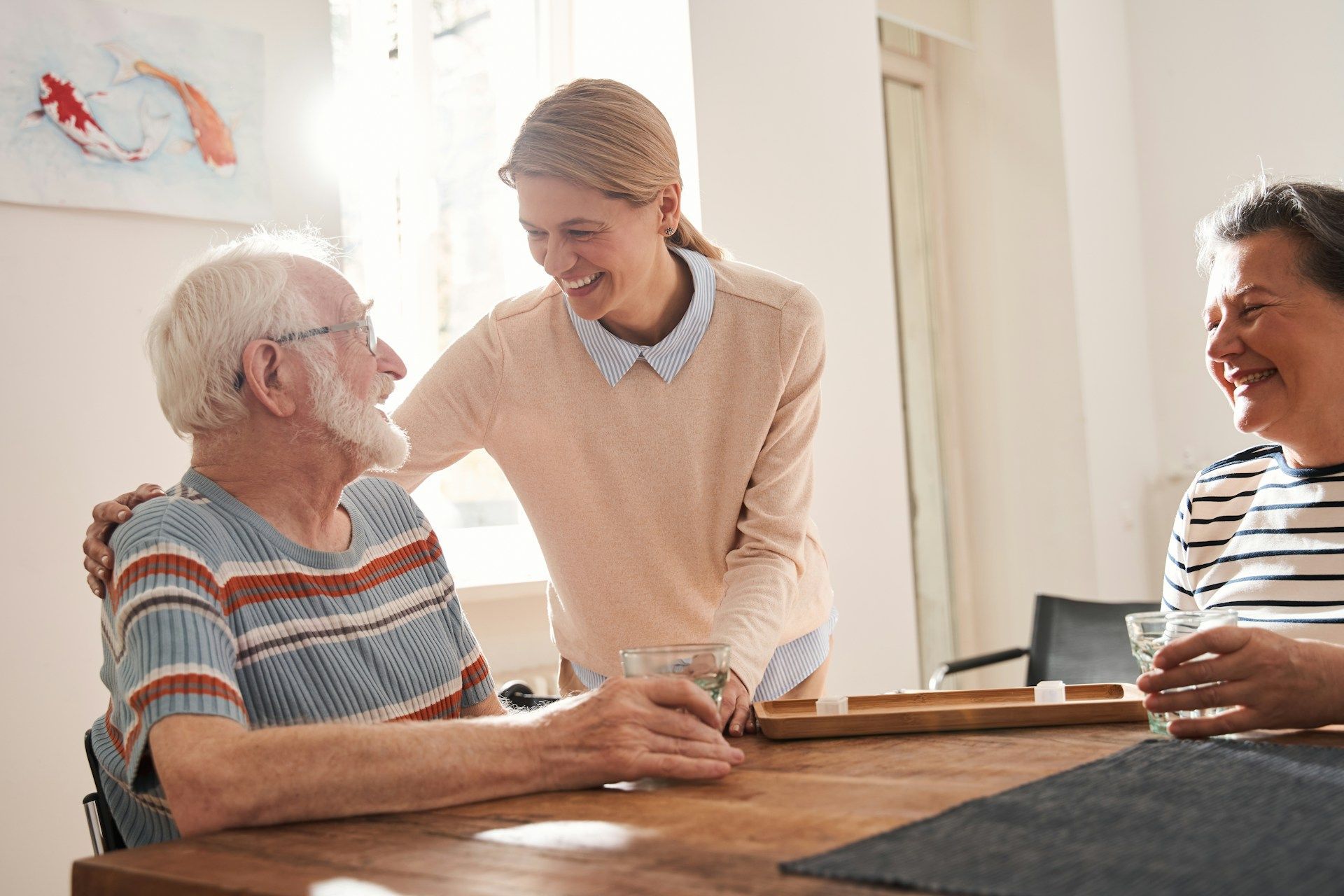Why Every Family Caregiver Should Learn Basic Life Support
When you're caring for an older loved one, you're usually the first person there if something goes wrong. Whether it's a fall, shortness of breath, or a fainting episode, being prepared can make a huge difference. That's where learning Basic Life Support, or BLS, comes in. It's not about turning into a healthcare professional. It's simply giving yourself the tools to handle serious situations before emergency services arrive.
On Oahu, family caregivers often live with or visit their elderly parents or grandparents daily. They’re making meals, driving to medical appointments, and helping with medications. But emergencies don’t wait for the right time. Learning BLS means knowing what to do when every second matters, like performing CPR or using basic safety steps to help someone who’s choking. It might seem intimidating at first, but it’s a skill that brings peace of mind, not just to the caregiver, but to the whole family.
What Basic Life Support Really Means
Basic Life Support sounds like a technical term, but it’s actually a very hands-on, easy-to-learn set of actions that anyone can apply in an emergency. BLS includes a few key steps that teach how to respond quickly when someone is unconscious, struggling to breathe, or has no heartbeat. The focus is on keeping blood and oxygen flowing until trained professionals can take over.
At the core of BLS is CPR, which stands for cardiopulmonary resuscitation. This is the method people use to keep a person’s heart and lungs working manually when both have stopped. The goal is to buy time and prevent brain or organ damage by keeping things moving inside the body. But BLS is more than just CPR. It also teaches how to:
1. Check for responsiveness and breathing
2. Call for emergency help right away
3. Clear blocked airways during choking
4. Use rescue breaths if needed
5. Work with an AED (automated external defibrillator) to attempt restarting the heart
These aren’t things you want to figure out in the moment. They’re simple techniques, but they make a big difference when put into action during a crisis. One caregiver on Oahu shared how she learned BLS after her dad collapsed from dehydration one afternoon. Knowing what steps to take kept her calm and gave her something to focus on while they waited for the ambulance. It wasn’t about doing everything perfectly. It was about trying something that might give him a better chance.
Being prepared doesn’t take away fear completely. But having even basic emergency skills in your back pocket gives you a bit more control in moments that feel anything but calm.
Why It’s Helpful for Family Caregivers
Caring for loved ones at home brings a lot of joy, but it also comes with risks. Knowing how to handle basic life-saving steps can help protect not only the person you’re caring for but also your peace of mind. When you understand what to do in the first few minutes after something serious happens, you’re more likely to respond clearly and with a level head.
Here are a few reasons why BLS can be a valuable tool for family caregivers:
1. You’re often the first person there
Emergencies don't just happen in medical offices or hospitals. They happen at the dinner table, between chores, or while watching TV. If you’re the closest adult on hand, your actions might shape the outcome.
2. It lowers panic
BLS training boosts confidence. That doesn’t mean you won’t feel scared, but you’ll know what to do. Instead of freezing, you can take action because you’ve practiced the steps before.
3. It creates a safer home
Whether it's knowing how to react when someone chokes on food or helping a person who has fainted, these small responses can prevent something small from turning worse.
Learning BLS isn't about doing heroic things. It’s about being prepared to act when your senior loved one needs you most. It’s a way of saying, "I've got you," even in the scariest moments. And on Oahu, where many households have caregivers and kupuna living under one roof, it can mean feeling a little less overwhelmed and a lot more equipped.
How to Get CPR Training on Oahu
If you’re ready to learn Basic Life Support, there are several places across Oahu offering hands-on CPR classes. These classes are usually open to the public and focus on helping people like you—families, caregivers, and community members—respond to medical emergencies with care and confidence.
Many training centers hold half-day or full-day sessions that cover topics like adult CPR, choking response, AED use, and rescue breathing. Some classes even offer blended learning, which means part of it is done online at your own pace and the rest in person with a certified instructor. It’s a good option for caregivers who need flexibility around busy routines.
Common locations for CPR training on Oahu include:
- Hospitals and health clinics with outreach training programs
- Local colleges or community centers
- Nonprofit health organizations
- Fire departments and emergency-focused training schools
Before signing up, check if the course is approved by a recognized group like the American Heart Association. These courses often come with a certification card showing you’ve completed the training, which can be helpful in both emergency and caregiving roles. Some places might offer a discount or scholarship rate if you're caring for a loved one full-time. It’s worth asking.
Once you finish the course, don’t forget that skills can fade over time. Most certifications are good for about two years, so plan ahead for regular refreshers. You may never need to use the training—but if the moment ever comes, you’ll be glad you were ready.
Support Resources for Caregivers on Oahu
Beyond just learning life-saving skills, caregiving works better when you don’t do it alone. Taking care of someone full-time can be both rewarding and draining, and the amount of emotional weight can add up over the weeks and months. Having access to support changes everything—making the work feel lighter and giving you space to breathe.
On Oahu, there are programs that can help you keep going strong. Whether you need a break through respite services, want to connect with other caregivers, or are looking for accurate information on how to deal with common aging concerns, you’re not on your own.
Local caregiver resources might include:
- Adult day care centers that offer flexible, day-based care
- Family caregiver workshops focused on health, safety, and wellness
- Monthly support groups where you can talk with others
- Online webinars or classes specific to caring for seniors at home
- Printed guides and handouts on home safety, memory care, or nutrition
If you’re new to caregiving or have been managing it solo for years, it’s okay to lean on what’s out there. You don’t have to know everything right away, and help is part of keeping your care safe and steady.
What Empowerment Looks Like for Caregivers
When you’re caring for someone you love, knowing how to handle emergencies adds another layer of confidence. It doesn’t mean you’re aiming to be a medical expert. It simply means you’re building the tools to take care of them in every way possible—physically, emotionally, and safely.
Basic Life Support gives you ready-to-use actions that can help steady you during hard moments. And with life on Oahu often revolving around multigenerational living, those quick steps can make a big difference in family households. From CPR practice to choking response to knowing how and when to call for emergency help, BLS isn’t just a checklist. It’s a way to feel more prepared for care at home.
Choosing to get trained is a choice to show up ready. It won’t fix everything, but it might give you a moment of clarity when everything else feels unsure. Add that to a strong local support system, and you’ve got a setup where both you and your loved one can feel safer. That’s the kind of peace of mind that can stretch across hard days and quiet ones alike.
To make sure your loved ones are safe during emergencies, consider attending
CPR training on Oahu. At Hale Hau’oli Hawai’i, we believe that being prepared can make a big difference when it matters most. Explore how our adult day care services can support your caregiving journey, bringing peace of mind to you and your family.

